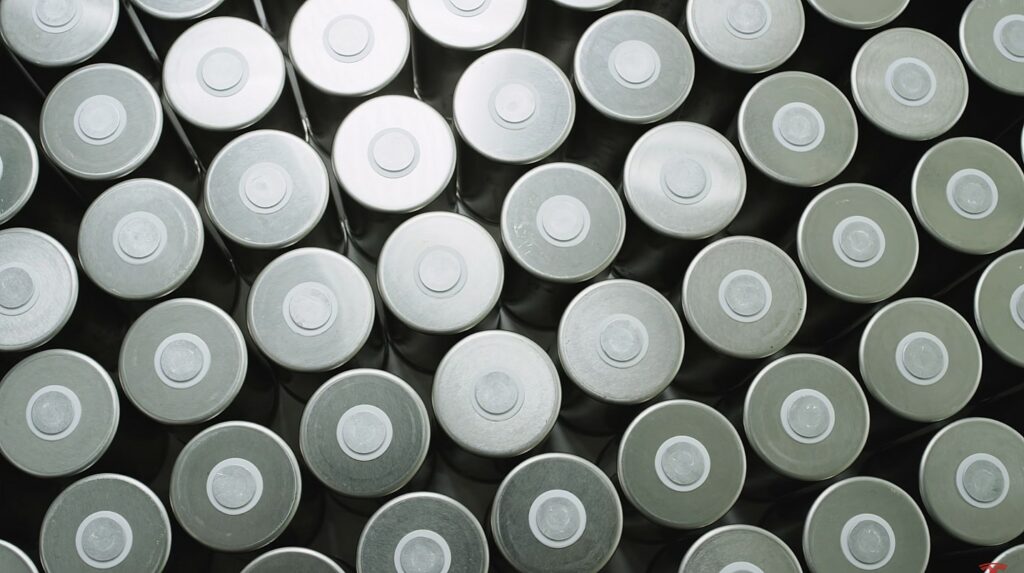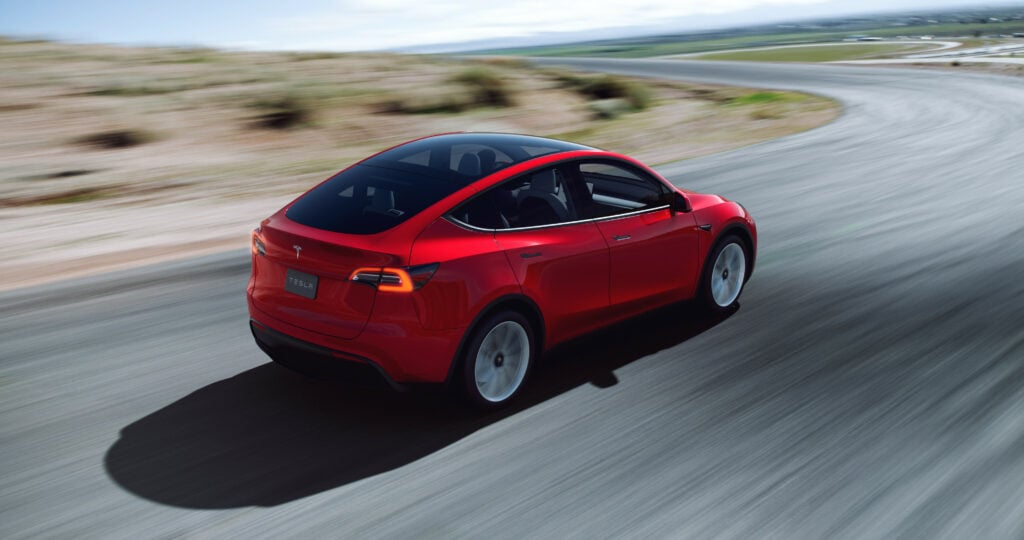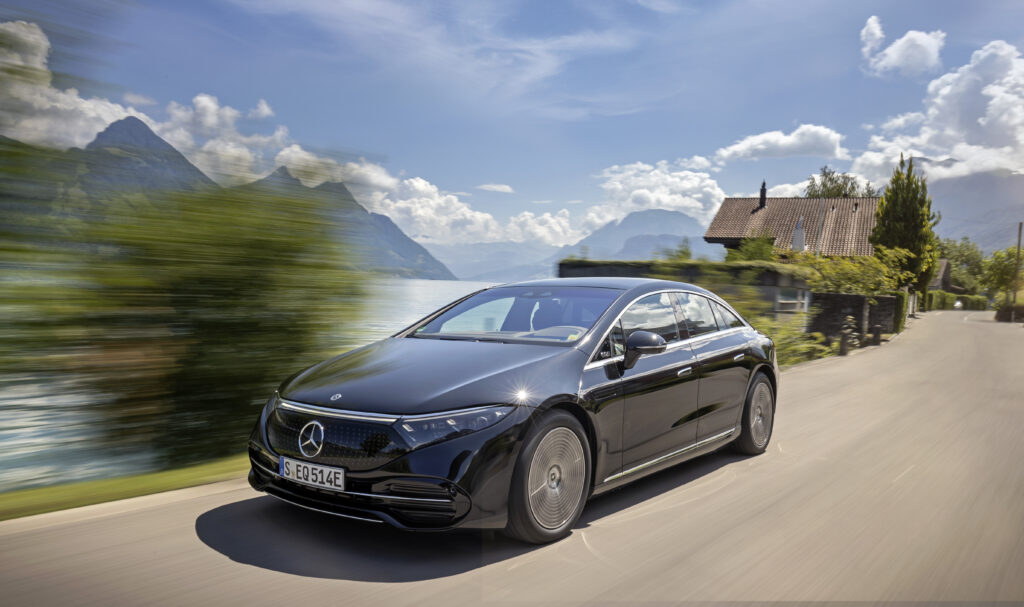
The manufacturing of electric vehicles is a global process, with raw materials from every corner of the globe playing a vital role in battery chemistry. New forecasts from automotive energy analysts predict massive increases in electric vehicle production costs due to the entanglement of EV supply chains in the ongoing Russian invasion of Ukraine. The latest supply chain worries are on top of the ongoing chip shortage that threatens to stretch through 2022.
Costly raw materials affect EV makers
In 2021, fully-electric and plug-in hybrid passenger vehicles soared to 9% of global new vehicle market share. In Europe, EVs now make up 19% of all passenger vehicle sales. Even in the United States, electric car market share is approaching 5%. Although EV sales continue to be subdued by supply shortages and lack of inventory, most automakers remain on a path towards 100% electrified sales. However, getting there is easier said than done without the raw materials needed to make gigawatt-hours of batteries. There are dozens of EVs on sale in 2022, but finding one on a dealer lot is no easy task.
A new report by S&P Global Mobility highlights the unforeseen costs piling onto EV battery production because of the Russian invasion of Ukraine, and the resulting international sanctions. Building an electric car is about to get costlier, and buying one will get more expensive.
Tesla Model Y prices up 26% since 2020

The analysts at S&P Global Mobility estimate that the best-selling Tesla Model Y could see input costs for battery raw materials surge by $8,000 per vehicle this year. Tesla recently increased Model Y prices for the tenth time in as many months to a base price of $62,990. Just a year ago, the same model listed for $49,990.
Mercedes EV prices likely to increase

The same report forecasts that production costs for the popular Mercedes-Benz EQS could skyrocket by $11,000 year-over-year. The EQS luxury sedan already starts at an MSRP of $103,360, and climbs to $126,360 for the highest trim. With production costs eating into Mercedes’ margins, MSRPs are likely to climb higher any day now.
Nickel prices up tenfold, EV cost parity delayed
For years, EV advocates (and Elon Musk) have touted the importance of electric cars reaching cost parity with combustion-powered vehicles. It’s widely believed that when electric cars cost the same as an equivalent ICE car, the masses will rapidly transition to electric mobility.
The latest supply chain disruptions have analysts delaying the arrival of EV cost parity. In the months leading up to the war in Ukraine, raw materials needed for battery production were already becoming more costly. Cleantechnica reported back in November that lithium carbonate prices surged by 313%, cobalt hydroxide was up nearly 82%, and nickel sulfate rose by 34% over the course of 2021.
S&P Global Mobility said that Russia’s invasion of Ukraine is inflating raw material prices even further. Russia is the world’s third-largest supplier of nickel. German supplier BASF said it will not sign new agreements with Russian nickel suppliers because of the invasion. The analysts suspect that other manufacturers will take similar actions.
How much will electric car prices increase in 2022?
The latest data and expert analyses point towards a 5-10% increase in prices for most EV models in 2022. Tesla has already seen a 26% increase in prices since 2022, including steep price hikes in early 2022.
There are rumors that Hyundai may soon be raising MSRPs for the popular IONIQ 5, and Ford increased prices for the Mustang Mach-E by $1,000-$3,000 in February. When is the most affordable time to buy an electric car? If you’re set on buying an EV in 2022, make a purchase as soon as possible. Unfortunately, it looks like inventory and pricing are only going to get worse for the foreseeable future.








![10 Cars with the Lowest Cost of Ownership [2026 Data]](https://caredge.com/wp-content/uploads/2026/02/2026-Toyota-Corolla-Hatchback-400x250.png)




0 Comments